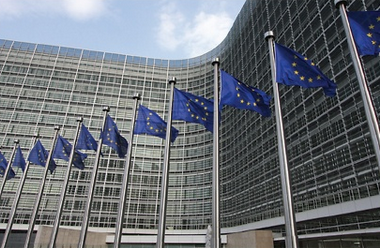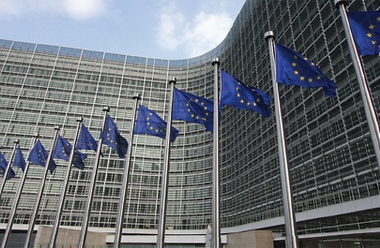The Finnish Financial Services Authority (FSA) has fined Keva €90,000 – saying that between 2019 and 2023, the pensions giant neglected its obligation to ensure that details of all derivatives contracts it concluded were reported to a trade repository as required by regulations.
The FSA (FIN-FSA or Finanssivalvonta) said the obligation to report derivatives contracts to a trade repository was based on the EU Regulation on OTC derivatives, central counterparties and trade repositories (European Market Infrastructure Regulation, EMIR) – which aimed to increase transparency and reduce risks in the derivatives markets.
In the statement yesterday afternoon, it said: “Contrary to its normal procedures, Keva had not concluded agreements on the transfer or delegation of its EMIR reporting with four counterparty banks.”
These banks had, therefore, not reported the derivatives contracts to the trade repository on behalf of Keva, the authority said. “Nor had Keva undertaken the EMIR reporting itself,” it said.
Tero Kurenmaa, FIN-FSA’s director general, said other companies had also been sanctioned in the past for shortcomings in reporting, and that data quality was one of the authority’s supervisory priorities in 2024.
Keva said in its own statement on the sanction that “by default”, it had authorised its counterparty to handle EMIR reporting on its behalf, “but the final responsibility for organising and monitoring the correctness of the reporting always rests with Keva.”
Keva said it was, by some distance, the most international Finnish pension investor, with about 87% of its almost €66bn portfolio invested in foreign assets.
Chief executive officer Jaakko Kiander said: “Keva was once the first Finnish pension investor to enter the international market. So we have been a kind of pioneer in the domestic investor field over time.”
“However, in this case the FSA refers to, the implementation of the EMIR regulation – which entered into force in 2014 – was divided into several in-house functions from the beginning, so the overall control of the operating process was partially left unsecured.
“However, the important thing is that Keva has not suffered any financial damage from these issues over the years,” Kiander said.
Ari Huotari, Keva’s chief investment officer, said the pension fund – which covers municipal staff – had now created secure processes for organising and monitoring reporting in cooperation with Keva’s various functions.
“Corresponding processes have also been reviewed in this context to ensure the appropriateness of operations,” he said.
Read the digital edition of IPE’s latest magazine























